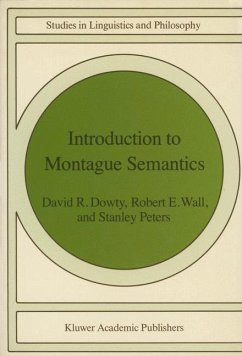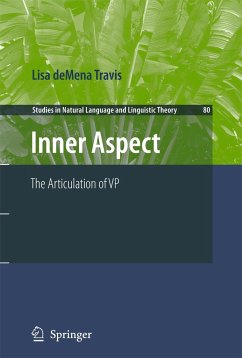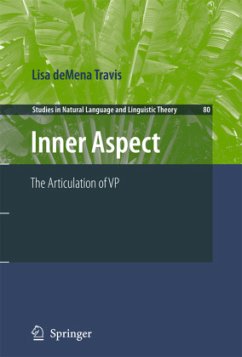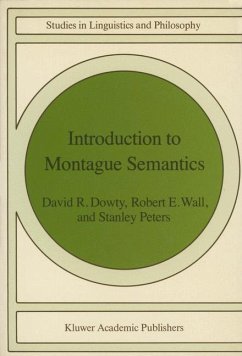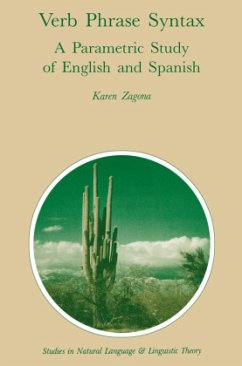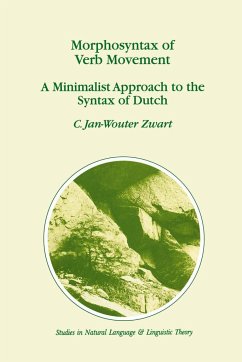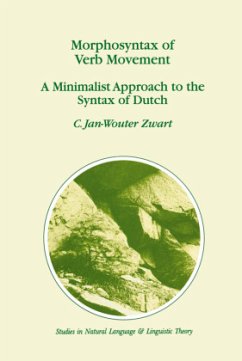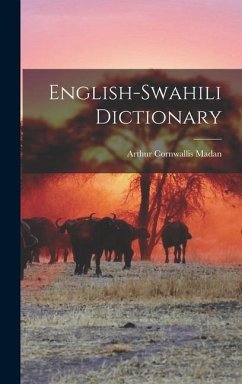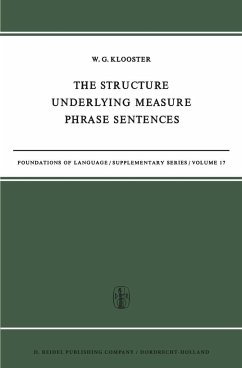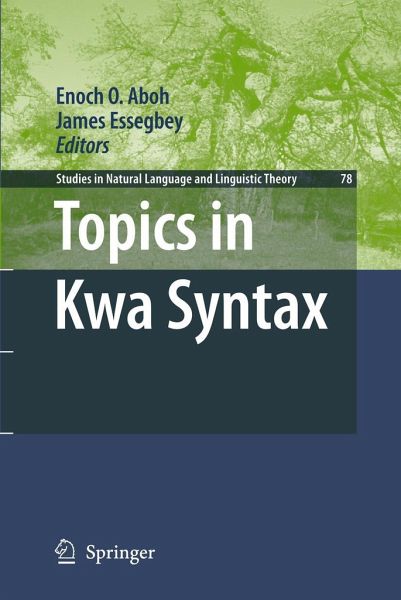
Topics in Kwa Syntax
Versandkostenfrei!
Versandfertig in 6-10 Tagen
76,99 €
inkl. MwSt.

PAYBACK Punkte
38 °P sammeln!
This volume demonstrates that Kwa languages offer a very rich empirical domain for linguistic theorizing, as experts who are mostly native speakers present empirical data and show its theoretical relevance to comparative linguistics and comparative syntax.
This book grew out of a concern we have had that very many theoretical and descriptive work on the Kwa languages were not accessible to the general linguistic community. As a result, these languages were only referred to in the context of very specific discussions such as serial verb constructions. But as the reader of this book will notice, syntactic topics discussed in the context of Kwa range from bare nouns, relative clauses, negation, discourse markers and the interaction with the clausal periphery, to argument structure. Many issues remain that need to be brought to the fore of the community and we hope that this book will trigger the curiosity of the reader to get to know more about these languages. Much of the work presented here could not have been possible without the help of many colleagues and the contri- tors whom we thank warmly for joining this enterprise. We are also grateful to the editors of the series, Marcel den Dikken, Joan Maling, Liliane Haegeman to have offeredus this platform to initiate the debate about Kwa. We will also like to thank Helen van der Stelt and Jolanda Voogd from Springer for their kind collaboration and patience. We are also very grateful to Joscelyn Essegbey and Leston Buell for helping with editing the manuscript. Enoch, O. Aboh James Essegbey v Contents 1 The Phonology Syntax Interface . . . . . . . . . . . . . . . . . . . . . . . . . . . . . . . . . . . . . . . . . . . . . . . . . . . . . . . . . . . . . . 1 Enoch, O. Aboh and James Essegbey 2 The Morphosyntax of the Noun Phrase . . . . . . . . . . . . . . . . . . . . . . . . . . . . . . . . . . . . . . . . . . . . . . . . . . 11 Enoch, O.






